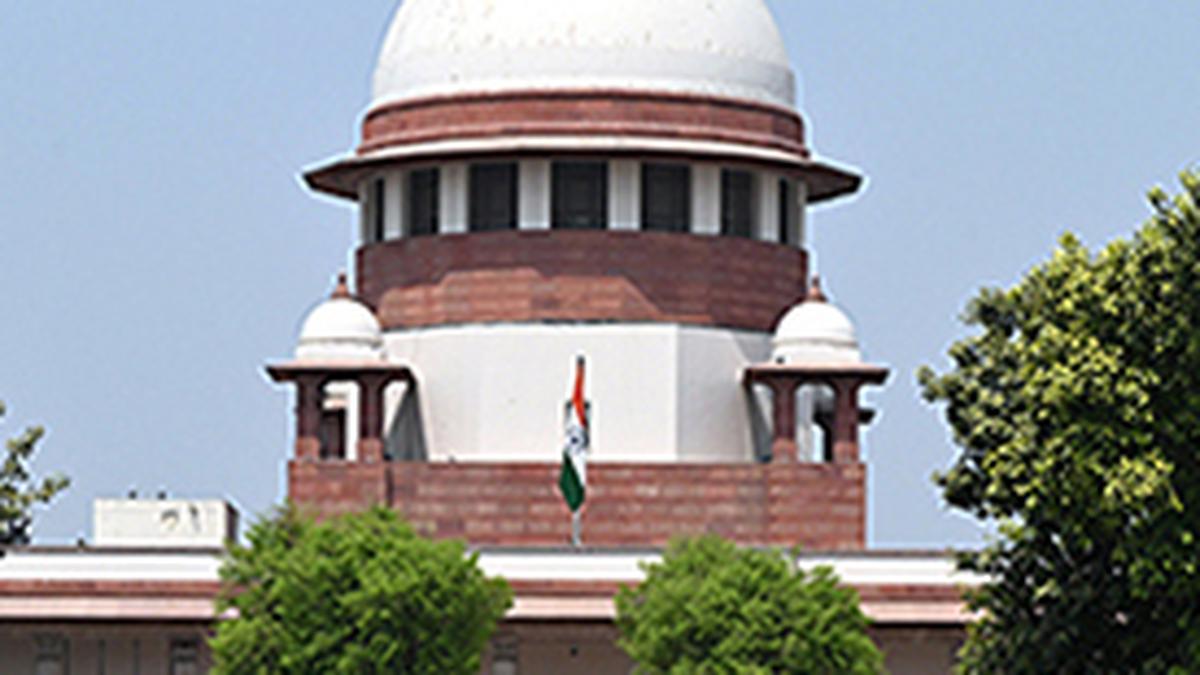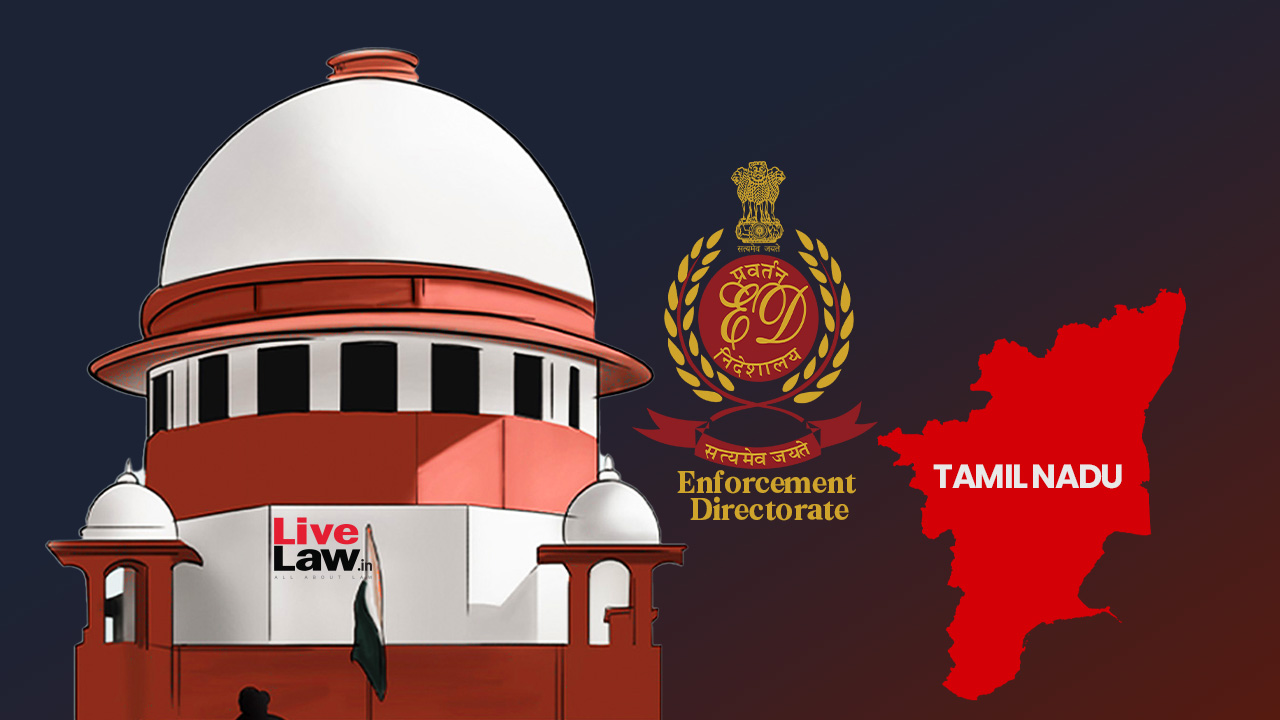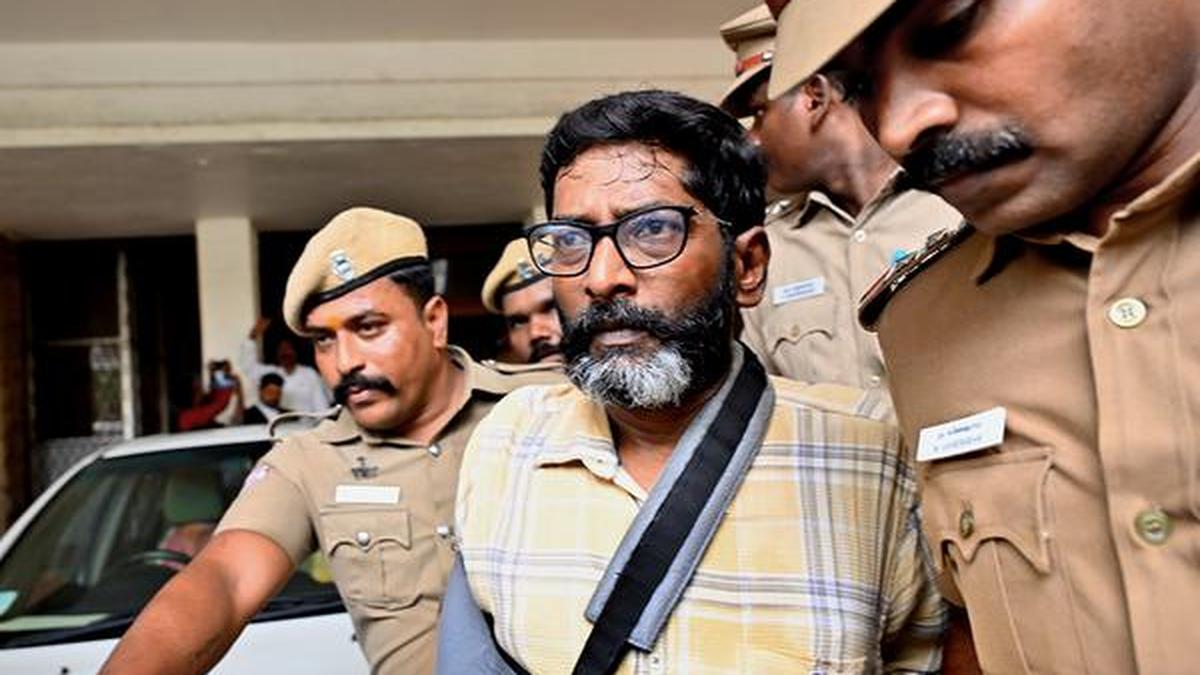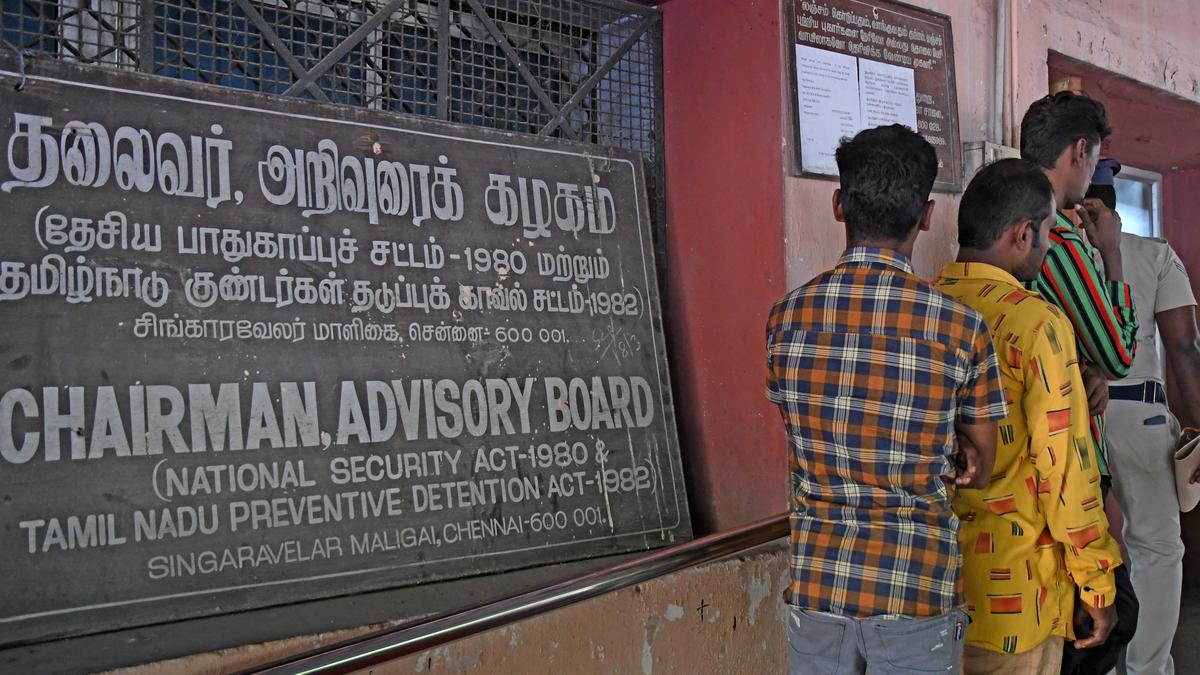
How is the Goondas Act invoked? | Explained
The HinduThe Tamil Nadu Prevention of Dangerous Activities of Bootleggers, Cyber Law Offenders, Drug Offenders, Forest Offenders, Goondas, Immoral Traffic Offenders, Sand Offenders, Sexual Offenders, Slum Grabbers and Video Pirates Act of 1982 is probably the only law with such a long title. The Madras High Court is flooded with habeas corpus petitions challenging the detention orders passed under the Goondas Act. Though the initial detention order could be passed for a period of three months, and then extended every three months for a maximum period of 12 months, Section 3 of the 1982 Act states that no such detention order could remain in force for more than 12 days unless the State government approves it in the meantime. If the Advisory Board is satisfied that there is sufficient cause, then the government could continue to detain the person concerned for a maximum period of 12 months by extending the detention every three months but if the Board does not find sufficient cause, then the government must revoke the detention order. Even after the Advisory Board finds sufficient cause for the passing the detention order, it could still be challenged in the High Court by way of a habeas corpus petition filed either by the detainee or his close relatives.
History of this topic

'Goonda' Under Kerala Anti-Social Activities Act Includes Drug Offender, Need Not Show 'Activities Harmful To Public Order': High Court
Live Law
51% Of Country's Preventive Detention Orders Come From Tamil Nadu Every Year : Savukku Shankar's Lawyer Tells Supreme Court
Live LawDismiss plea against ‘Savukku’ Shankar’s detention under Goondas Act, Chennai Police Commissioner urges Madras High Court
The Hindu
Savukku Shankar’s Goondas detention | Madras High Court orders production of entire file
The Hindu
Goondas Act invoked against 21 persons in the last one week
The HinduDiscover Related
![[Probation Of Offenders Act] Gauhati HC Extends Benefit Of Probation To Man Convicted U/S 498A IPC, Says Offence Was Not Heinous](https://www.livelaw.in/h-upload/2024/05/02/537333-justice-arun-dev-choudhury-gauhati-hc.jpg)
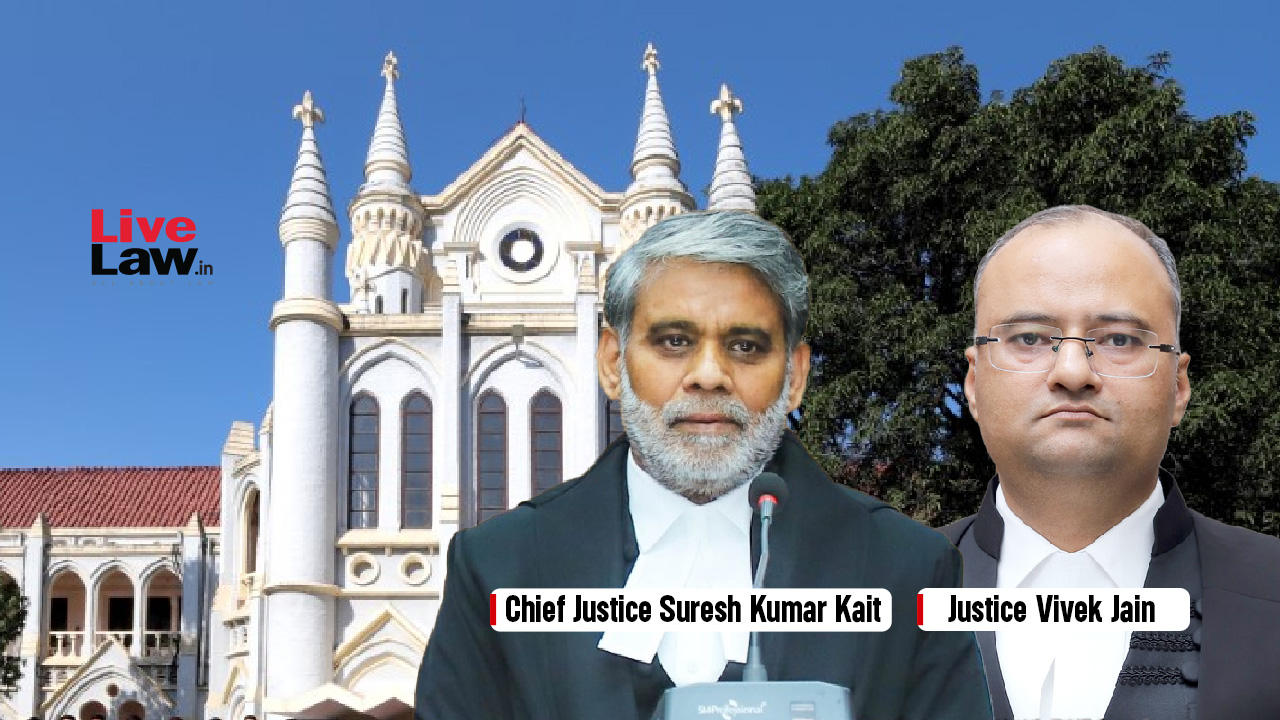


![[POCSO Act] Quashing Of Serious Offence To Efface Evidence Already Recorded Cannot Be Done Even At Instance Of Survivor: Kerala High Court](https://www.livelaw.in/h-upload/2024/04/20/534932-750x450527286-750x450518059-750x450511233-750x450453279-407730-justice-a-badharudeen.jpg)

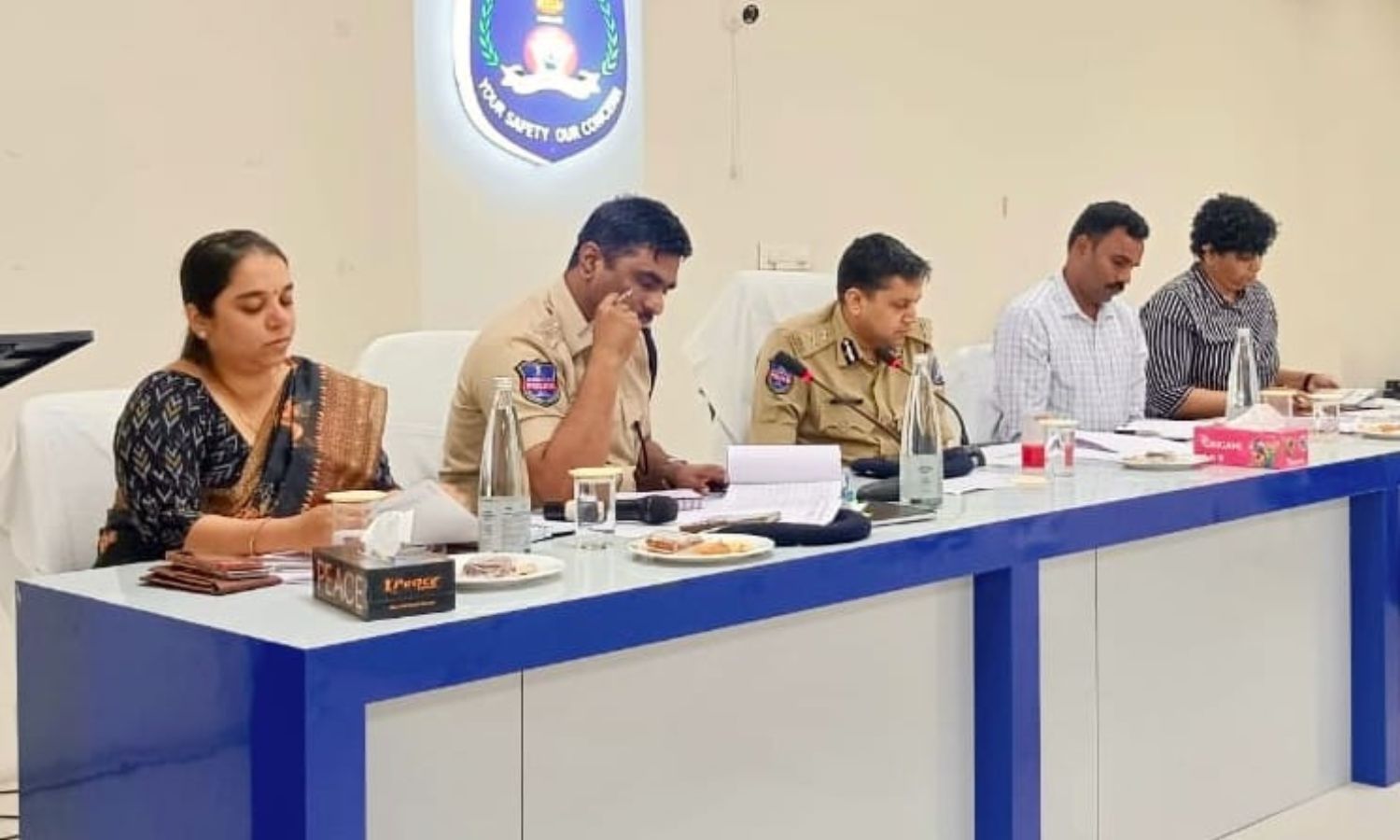

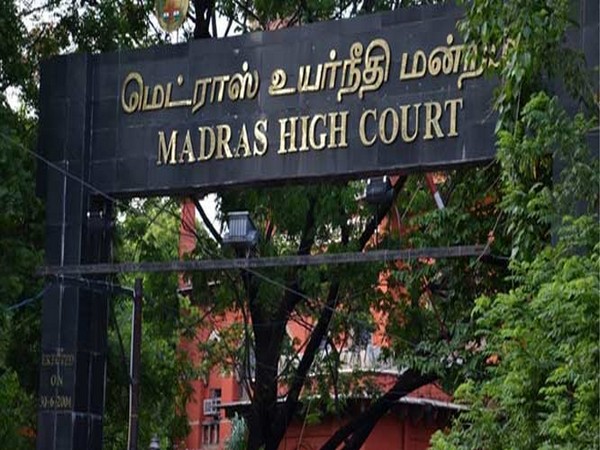

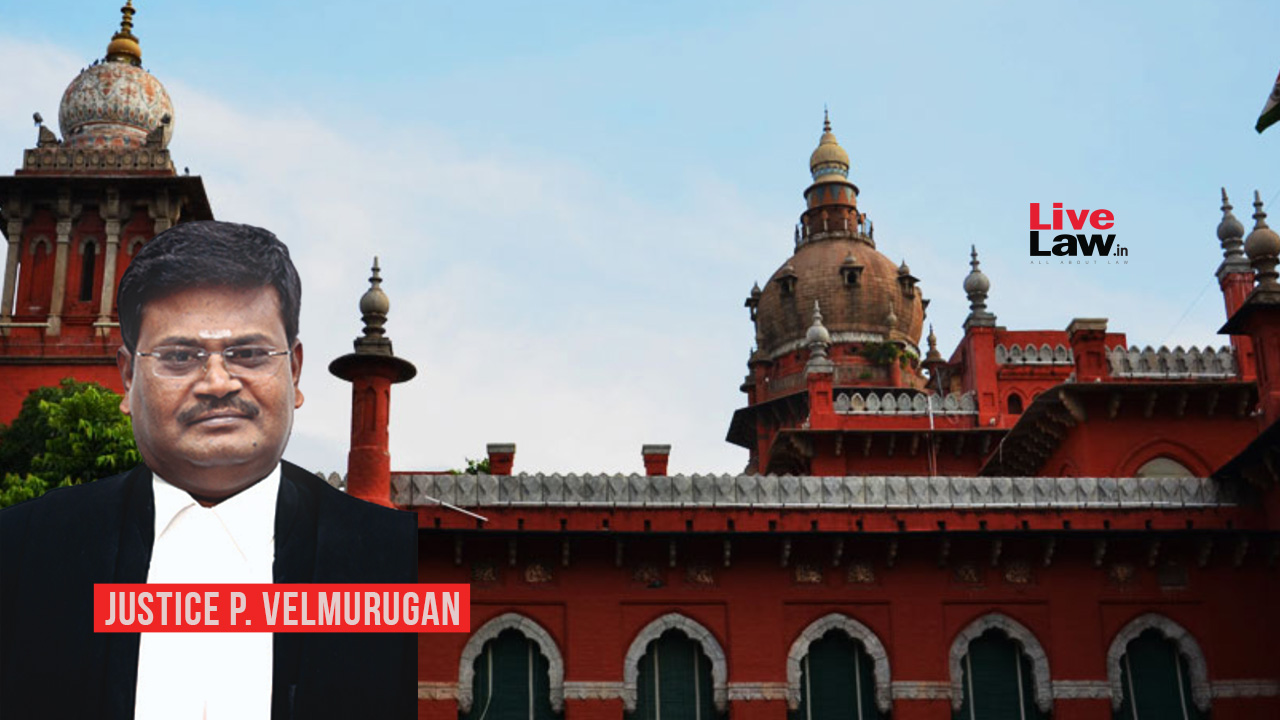





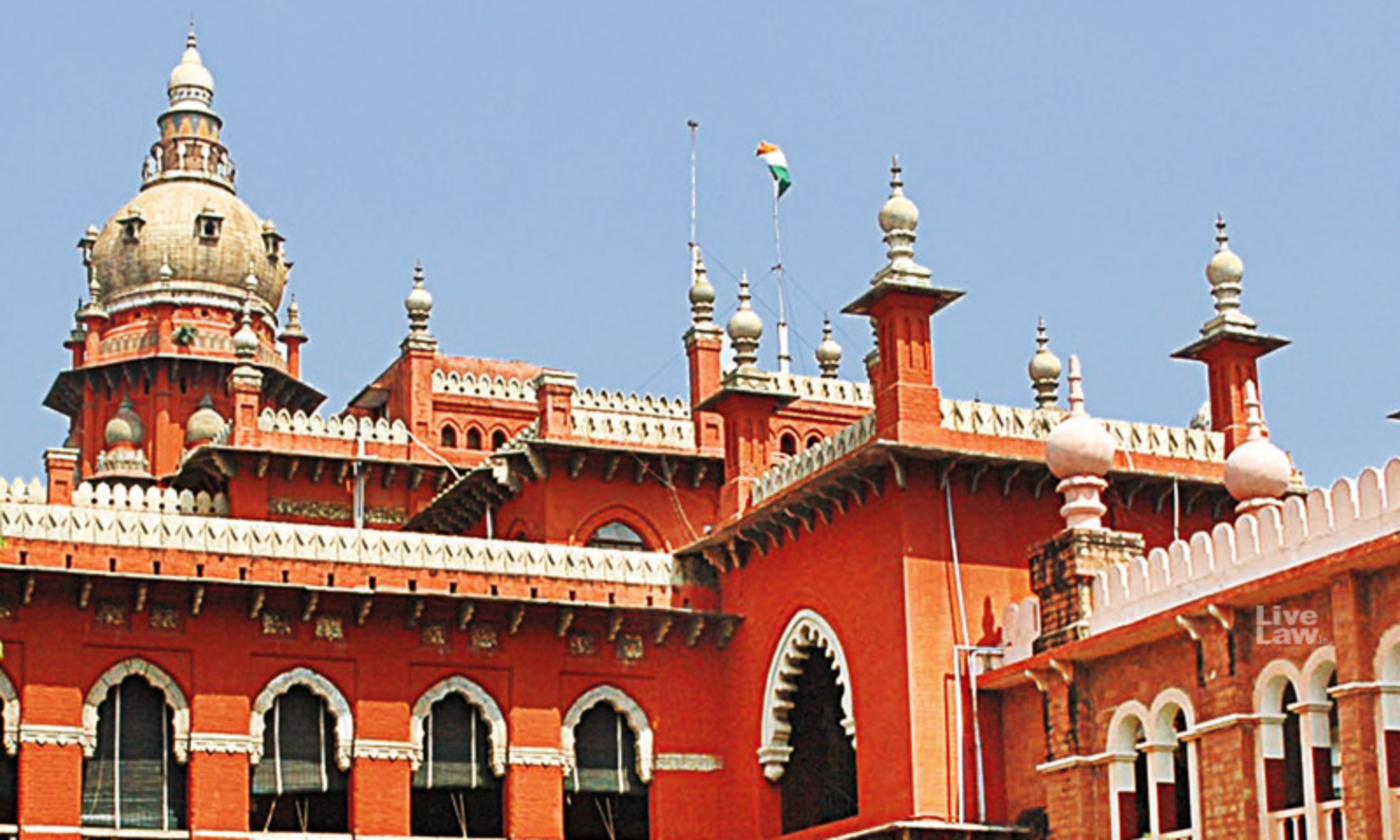



![Supreme Court Quarterly Criminal Digest 2024 [July - September]](https://www.livelaw.in/h-upload/2024/05/27/541718-supreme-court-quarterly-digest-2024-criminal-law.jpg)
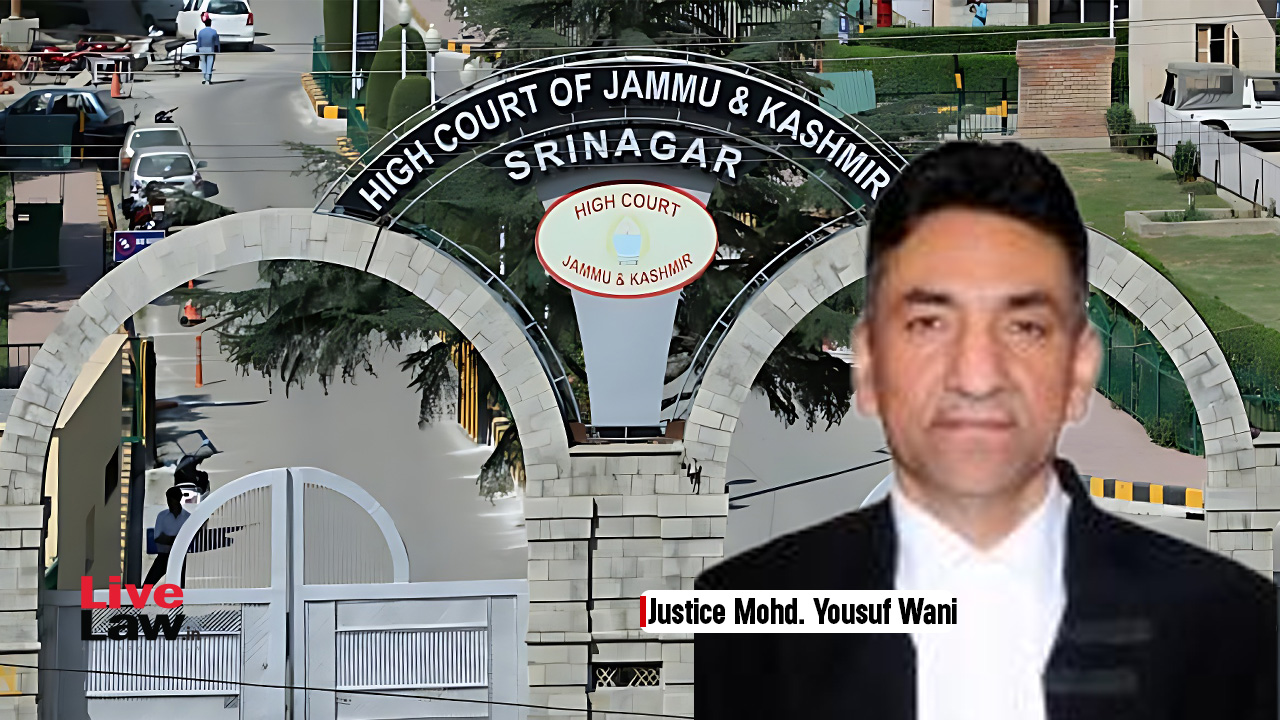
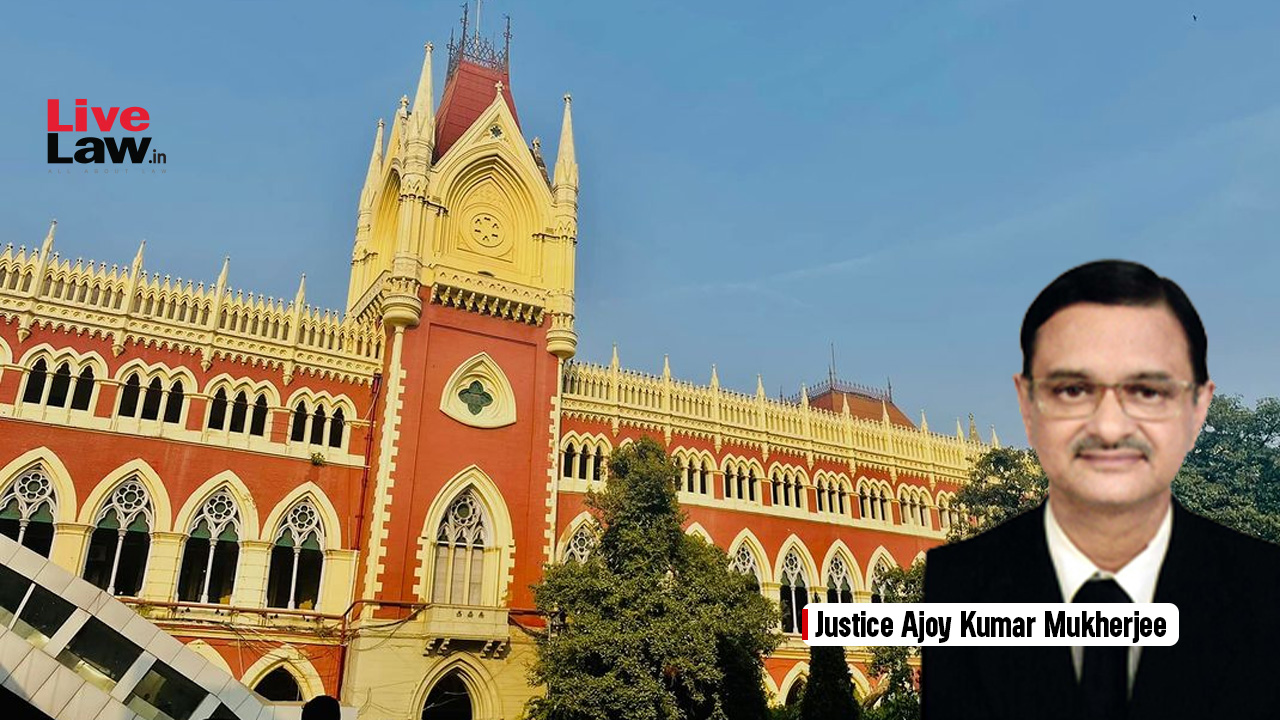



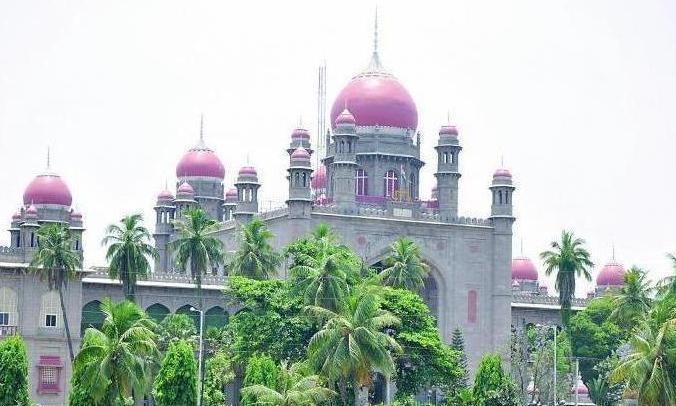









![[KAAPA] Police's Failure To Use Available Technology To Expedite Process Undermines Personal Liberty Of Accused In Preventive Detention Cases: Kerala HC](https://www.livelaw.in/h-upload/2024/08/30/558532-kerala-anti-social-activities-prevention-act.jpg)
